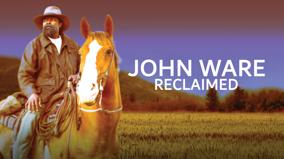Francization, a Challenge for All
In recent years, many studies have highlighted the importance of the decline of French in Quebec. One fact is undeniable: a very large number of immigrants arrive in Quebec without speaking the language; this complicates the burden of settling in the province. While they all need to find accommodation, a job and a school for the children… it is also essential that they find the time, in their busy week, to learn the language; this is one of the missions of immigrant support centres like CACI. Learning French is a major challenge for those whose mother tongue is Arabic or …

Details
In recent years, many studies have highlighted the importance of the decline of French in Quebec. One fact is undeniable: a very large number of immigrants arrive in Quebec without speaking the language; this complicates the burden of settling in the province. While they all need to find accommodation, a job and a school for the children… it is also essential that they find the time, in their busy week, to learn the language; this is one of the missions of immigrant support centres like CACI.
Learning French is a major challenge for those whose mother tongue is Arabic or Mandarin for example, easier for Spanish speakers, but for everyone it is the guarantee of their integration in Quebec and the chance to be able to work. in their area of expertise. This idea is at the heart of what teachers and advisers at CACI seek to convey. Given the variety of languages spoken in the classes, teaching is done in French – a challenge for the teachers as much as for the students. As our filming progressed, we witnessed the astonishing progress of some, and the great difficulties of some others, but we were above all touched by the testimonies of people from all over the world.
-
directorCarmen Garcia
-
producerCarmen Garcia











